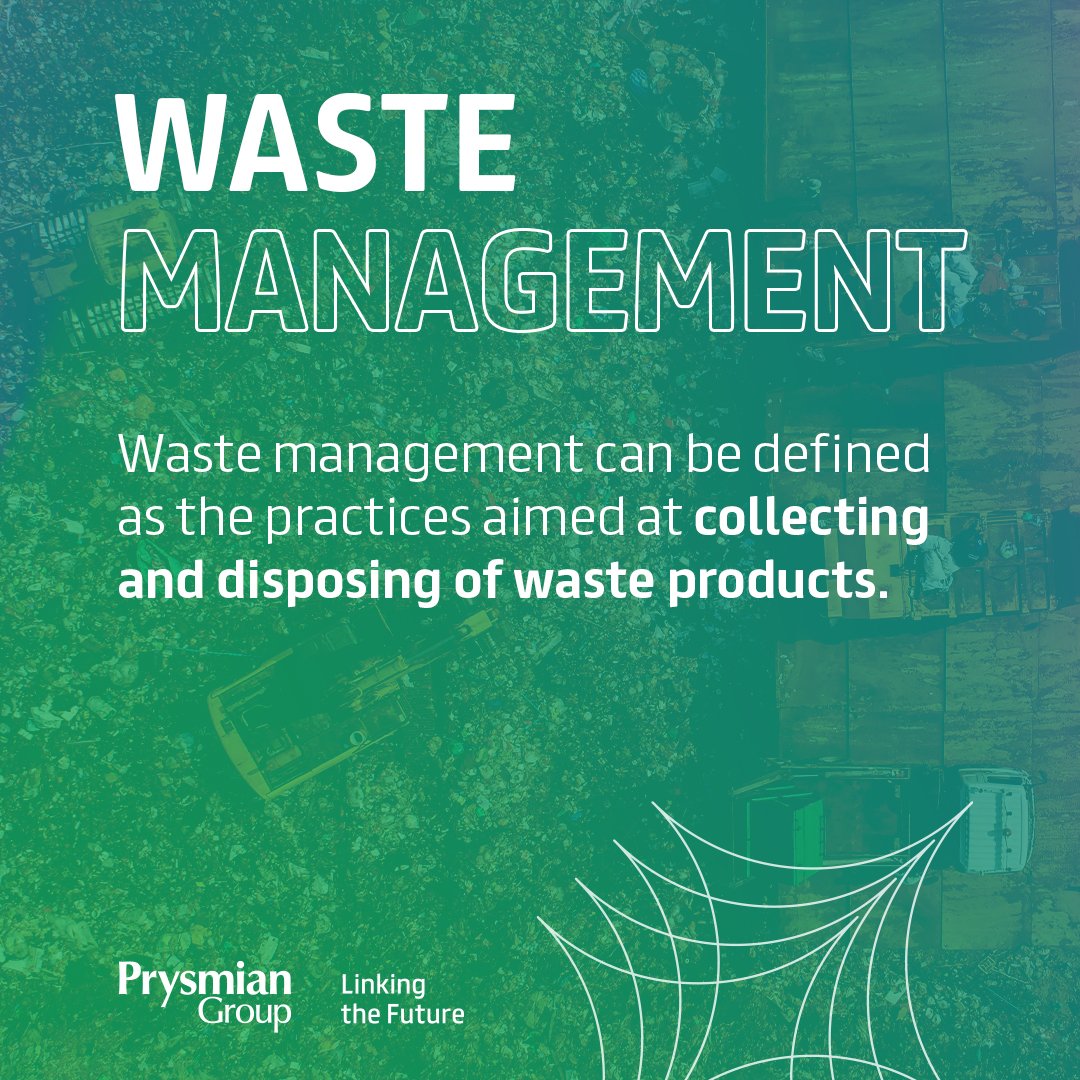Reclaim Waste - Questions
Reclaim Waste - Questions
Blog Article
What Does Reclaim Waste Mean?
Table of ContentsThe Best Strategy To Use For Reclaim WasteThe Single Strategy To Use For Reclaim WasteThe Single Strategy To Use For Reclaim WasteThe Reclaim Waste StatementsNot known Factual Statements About Reclaim Waste
Check out the types, occurrences, and kinds of liquid waste. Domestic sewage waste describes the waste and items from a domestic sewage-disposal tank. This kind of waste is created by human beings in houses, schools, and various other buildings. This only includes septic systems that have a drain field. The appropriate monitoring and disposal of domestic sewage waste require fluid waste to be transferred to a sewage treatment plant where the correct methods and tools are used to cleanse and get rid of waste.
Business waste often includes potential threats, such as flammable materials or a blend of fluid and strong waste products, and needs an extra innovative and comprehensive disposal process. The disposal of commercial waste usually entails the purification of waste prior to transport to make certain secure and correct disposal. Industrial waste is produced from by-products and drainage of commercial procedures and production.
This sort of waste can not make use of the very same sewage management transport or procedures as septic or business liquids. The commercial waste management process requires the evaluation and screening of fluid waste before it goes through the disposal process (industrial wastewater treatment). Runoff waste is the liquid waste that originates from runoff and excess stormwater in highly populated locations or cities
Drainage waste can trigger contamination and flooding if not handled effectively. Find out more regarding sewage system cleansing and waste management. Ensuring correct waste monitoring can prevent calamities and reduce environmental harm. Both individuals in household settings and specialists in industrial or manufacturing markets can gain from recognizing the processes and regulations of liquid waste management.
A Biased View of Reclaim Waste
Contact PROS Services today to discover our waste management and disposal solutions and the appropriate ways to look after the liquid waste you create.
(https://reclaim-waste.jimdosite.com/)Do you recognize what takes place to your water when you draw the plug, purge the commode or drain pipes the washing equipment? No? Well, it deserves knowing. This so-called 'wastewater' is not just an important resource but, after treatment, will certainly be released to our land, waterways or the sea. Used water from bathrooms, showers, baths, cooking area sinks, laundries and industrial processes is referred to as wastewater.

water made use of to cool down machinery or tidy plant and tools). Stormwater, a kind of wastewater, is overflow that flows from agricultural and city locations such as roof coverings, parks, gardens, roadways, paths and gutters into stormwater drains pipes, after rainfall. Stormwater moves neglected straight to local creeks or rivers, ultimately reaching the ocean.
Reclaim Waste Things To Know Before You Get This
In Queensland, the majority of wastewater is treated at sewer therapy plants. Wastewater is moved from residential or industrial sites via a system of sewage systems and pump stations, known as sewerage reticulation, to a sewage therapy plant. Regional federal governments develop, keep and operate most sewage therapy plants. Operators are certified under the Environmental Defense Act 1994 to discharge treated wastewater at an acceptable environmental requirement into waterways.
The Department of Natural Resources advises city governments regarding managing, operating and keeping sewerage systems and therapy plants. In unsewered locations, regional governments may call for householders to set up private or household directory sewage therapy systems to treat residential wastewater from toilets, kitchen areas, bathrooms and washings. The Division of Natural Resources authorises using home systems when they are verified to be reliable.
A lot of stormwater gets no treatment. In some new neighborhoods, therapy of some stormwater to remove litter, sand and crushed rock has started making use of gross pollutant catches. Wastewater treatment occurs in 4 stages: Eliminates solid matter. Larger solids, such as plastics and various other items mistakenly discharged to sewers, are eliminated when wastewater is passed with displays.
Makes use of tiny living microorganisms understands as micro-organisms to damage down and eliminate staying liquified wastes and great particles. Micro-organisms and wastes are included in the sludge.
What Does Reclaim Waste Mean?
Nutrient elimination is not available at all sewage treatment plants because it needs pricey specialist tools. Clear liquid effluent produced after treatment may still have disease-causing micro-organisms - industrial wastewater treatment.

The majority of wastewater flows right into the sewerage system. Under the Act, neighborhood governments administer authorizations and permits for eco appropriate activities (Ages) involving wastewater releases that might have a regional effect.
About Reclaim Waste
Otherwise, samples are taken for lab evaluation. Often many examinations are required to develop the degrees of each of the various contaminants such as oils, heavy steels and pesticides in water. Surveillance offers accurate details regarding water high quality and can verify that permit problems are being met. The details acquired with surveillance provides the basis for making water quality decisions.
Report this page